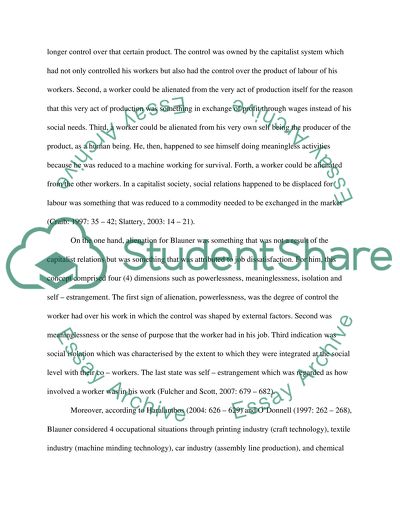Cite this document
(“To What Extent Can Blauner's Operationalization of Alienation Be Coursework”, n.d.)
To What Extent Can Blauner's Operationalization of Alienation Be Coursework. Retrieved from https://studentshare.org/sociology/1442739-to-what-extent-can-blauner-s-operationalisation-of
To What Extent Can Blauner's Operationalization of Alienation Be Coursework. Retrieved from https://studentshare.org/sociology/1442739-to-what-extent-can-blauner-s-operationalisation-of
(To What Extent Can Blauner'S Operationalization of Alienation Be Coursework)
To What Extent Can Blauner'S Operationalization of Alienation Be Coursework. https://studentshare.org/sociology/1442739-to-what-extent-can-blauner-s-operationalisation-of.
To What Extent Can Blauner'S Operationalization of Alienation Be Coursework. https://studentshare.org/sociology/1442739-to-what-extent-can-blauner-s-operationalisation-of.
“To What Extent Can Blauner'S Operationalization of Alienation Be Coursework”, n.d. https://studentshare.org/sociology/1442739-to-what-extent-can-blauner-s-operationalisation-of.


